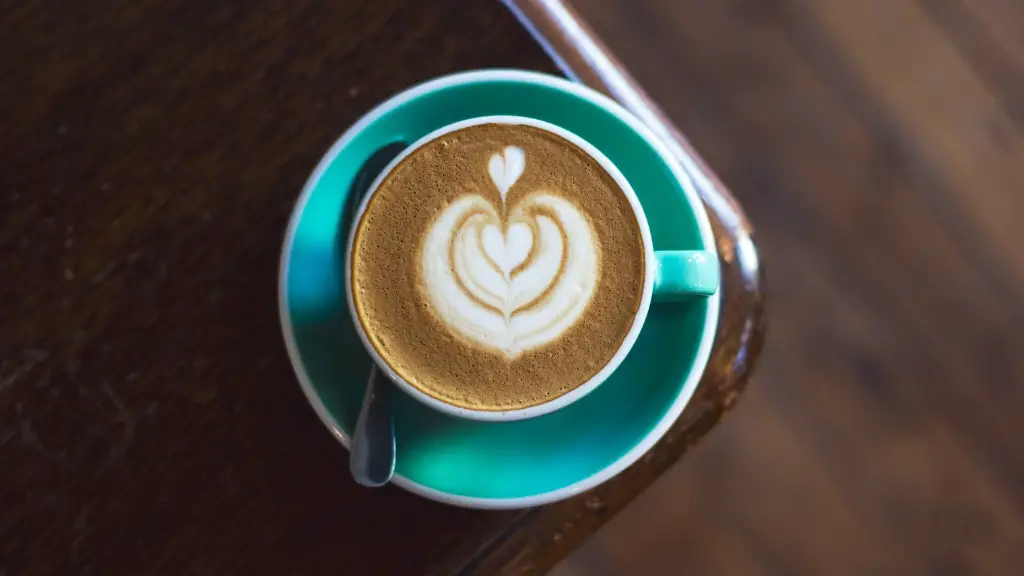Coffee Consumption
In the world today, coffee remains one of the most popular drinks consumed, with no sign of slowing down anytime soon. According to the World Coffee Portal, around 2.25 billion cups of coffee are drunk every day worldwide. Coffee can have various effects on our bodies and minds, whether we’re alert and focused or tired and relaxed. One common side effect of drinking coffee is sleep disruption, an unwelcome side effect that can affect everyone differently.
The Body’s Response to Caffeine
When a person consumes coffee, the caffeine acts on the body by stimulating the nervous system. It does this by blocking the natural tranquilizers which help us to relax, which in turn makes us more alert and focused. Essentially, caffeine tricks the body into thinking it’s awake when it isn’t. According to Harvard Health Publishing, 400mg of caffeine, the equivalent of four cups of brewed coffee, is the caffeine maximum per day.
Coffee Consumption and Sleep
A single cup of coffee can sometimes be enough to disrupt a person’s sleep cycle. Caffeine’s effects on the body can be felt 30 minutes to an hour later and can last up to four to six hours. It all depends on a person’s sensitivity to caffeine and the time they consume it. With this in mind, people should avoid coffee consumption within 10 hours of their planned bedtime.
The Impact Of Coffee on Sleep Quality
According to Sleep.org, too much coffee during the day and near bedtime has been linked to poor sleep quality at night. Therefore, it’s important to maintain a consistent sleep routine and to limit coffee consumption after lunch. Poor sleep quality can affect many aspects of life, such as mood, productivity and physical health.
What To Do When You Can’t Sleep After Drinking Coffee
If you’ve had too much coffee and can’t sleep, the best thing to do is to get out of bed and do something relaxing. Reading a book or doing some colouring can help to relax the mind while calming down the body. You can also limit the amount of caffeine you drink by avoiding carbonated drinks and switching to decaffeinated tea and coffee.
Other Factors Contributing to Sleep Disruption
Drinking coffee may not be the only reason that a person has trouble sleeping. A number of additional factors may be contributing to a person’s sleeping problems, such as stress, lifestyle choices or underlying health conditions. Therefore, consulting with a physician to discuss possible treatments or lifestyle changes can be beneficial in solving sleeping problems.
The Effects Of Caffeine On Mental Performance
Caffeine can also have an impact on a person’s cognitive performance. According to Healthline.com, caffeine boosts short-term alertness, leading to improved concentration, focus, reaction time and even physical performance. However, if you’re drinking coffee late in the day or consuming too much, it can interrupt sleep and impair cognitive performance the next day.
Caffeine Withdrawal Symptoms
Caffeine can also be addictive and if a person stops consuming it, they may experience withdrawal symptoms. These may include headaches, irritability, fatigue, drowsiness and difficulty concentrating. To avoid withdrawal and to find relief from not sleeping, it’s important to maintain a regular bedtime and to minimize coffee consumption.
How To Benefit From Coffee
If you’re looking to get the most out of coffee without compromising your sleep, it’s best to stick to one or two cups of coffee per day, and to avoid drinking coffee late in the afternoon. Drinking coffee in the morning can help to wake us up and make us more alert, enabling us to maximize our productivity throughout the day.
Coffee Alternatives
If you’re looking for a less jarring alternative to coffee, then consider drinking herbal teas or decaffeinated coffee. Herbal teas, such as chamomile or lemon balm, can help to relax body and mind while decaffeinated coffee has just 1-2mg of caffeine per cup, a far cry from the 95mg of caffeine found in a regular cup of coffee.
The Pros And Cons Of Energy Drinks
Energy drinks are becoming increasingly popular due to their extra ‘boost’ of energy, but there are multiple downsides which must be taken into account when considering them. Most contain a mix of stimulants, including caffeine, taurine, guarana and sugar, that can provide temporary focus and performance improvements followed by a crash. However, if abused, energy drinks pose some risks.
The Impact of Sugary Drinks
Sugary drinks contain high amounts of free sugars, which can lead to weight gain and a wide range of other health issues. According to the World Health Organisation, reducing free sugar intake to below 10% of total energy intake per day can reduce the risk of overweight and obesity, as well as an increased risk of tooth decay and cavities.
The Link Between Caffeine and Stress
Another possible consequence of excessive coffee consumption is a heightened feeling of stress and anxiety. Caffeine increases the production of stress hormones, such as cortisol, and can make us feel on edge. This effect can be amplified if the drink is consumed late in the day, close to bedtime.
The Effects of Coffee on Cardiovascular Health
The cardiovascular health effects of coffee vary from person to person. For some the caffeine can help to improve circulation and reduce the risk of stroke and heart disease, but for others it can raise blood pressure and lead to an irregular heartbeat. This is why it is important to consult a doctor before increasing your coffee intake.
Health Benefits of Coffee
Despite the potential downsides, coffee can offer a range of health benefits. Coffee is packed full of antioxidants which can help to improve focus, memory and alertness. In addition, coffee has been linked to a reduced risk of liver disease, type 2 diabetes, Parkinson’s, cardiovascular diseases and certain types of cancers.
Coffee Consumption in Moderation
Overall, it is recommended to enjoy coffee in moderation to avoid unwanted side effects. Consulting with a doctor or nutritionist can be beneficial in finding the right amount of coffee for an individual. This can help to get the most out of it’s health benefits while avoiding any unwanted effects.




